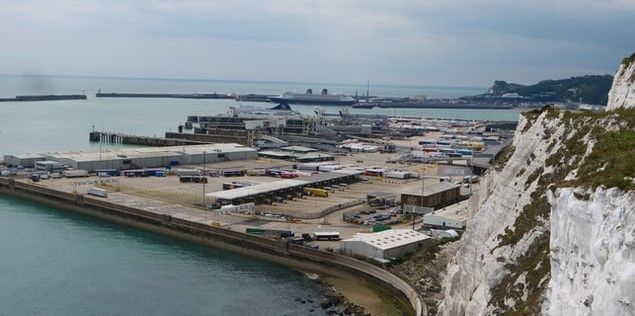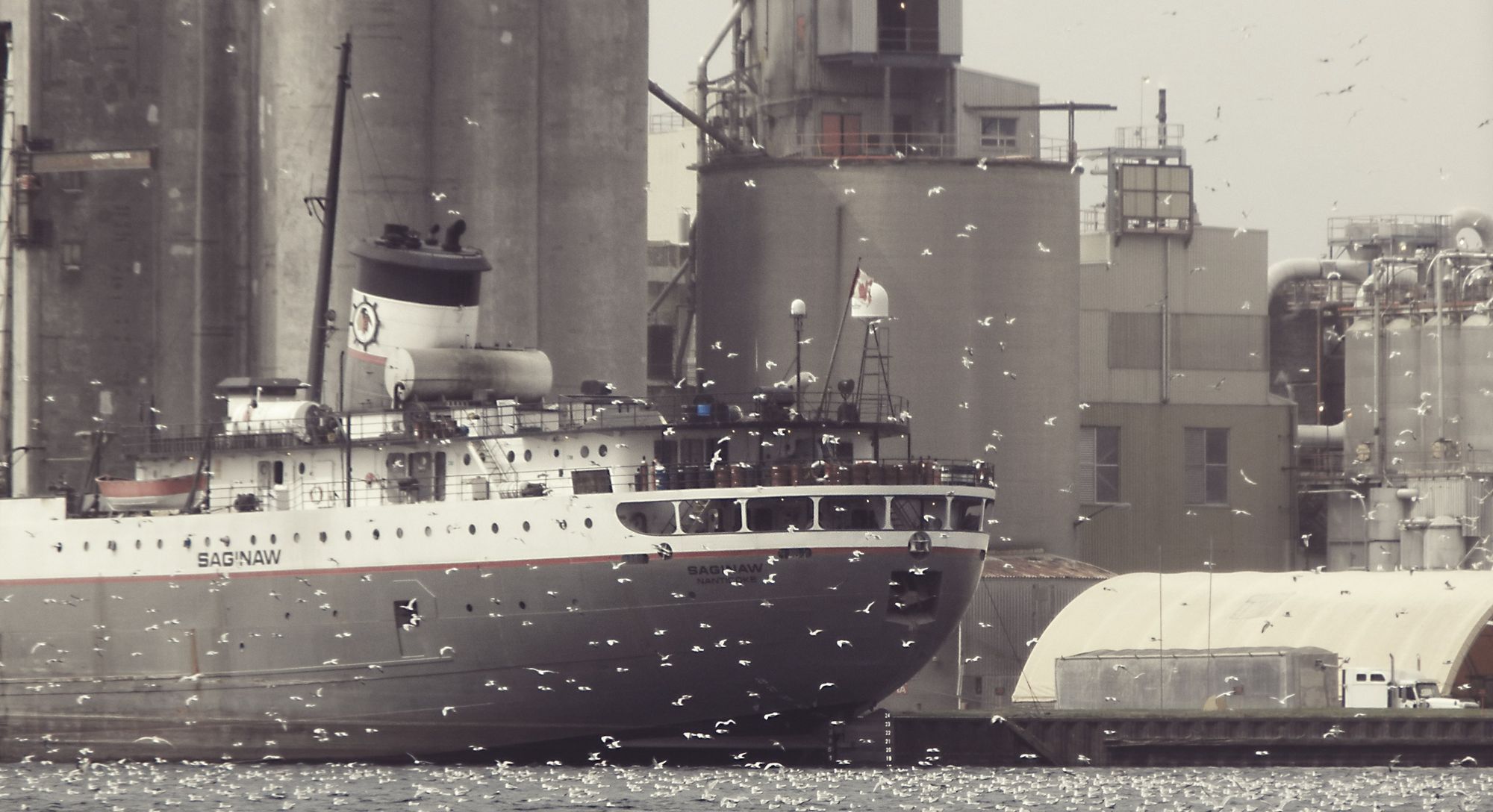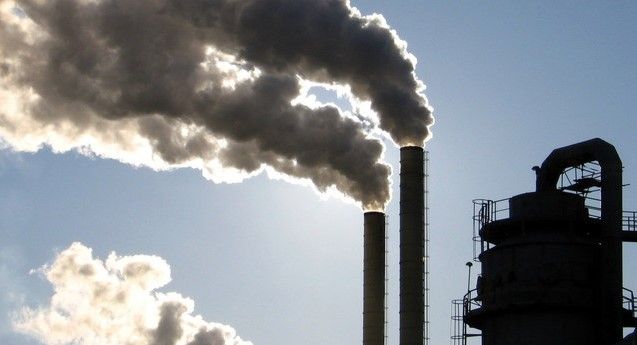Recent data has found that the volume of exports from British ports to the EU fell by 68% in January compared to January 2020, leading many analysts to blame Brexit for the drop in trade.
The figures were announced by the UK’s Road Haulage Association (RHA) which had surveyed its members on the amount of traffic operating on ferries and through the Channel tunnel during the month.
Richard Ballantyne, chief executive of the British Ports Association, in an interview with the Guardian newspaper, said the 68% figure sounded ‘broadly in line’ with his impressions of the drop-off in traffic.

However, the pro-Brexit camp have already pointed out that the data may be slanted. The political media group, Briefings for Britain, noting that the data is, “… hardly a fair comparison given the COVID effect on the world economy between 2020 and 2021.” Adding that, “It also ignores the fact that EU manufacturers stocked up on British goods in anticipation of disruption last month, and trade has only begun to pick up as they run down their stockpiles.”
The Guardian report notes Ballantyne’s belief that, “… some but not all of the problems with extra paperwork that caused delays could be overcome in time.” Yet Ballantyne is also predicting, “a new set of difficulties in months to come as the infrastructure needed at the point when the UK introduces full import checks on goods from the EU on 1 July would not, in his view, be ready in time. This raised the prospect of a whole new set of issues affecting imports.”
While the news has shocked economists and some politicians, campaigners who wished the UK to remain in the EU have highlighted the data as fulfilling their predictions of the chaos Brexit would cause to business.
When the UK-EU Trade and Cooperation Agreement (TCA) was signed at the end of 2020, UK Prime Minister Boris Johnson was keen to highlight that the deal will ‘enable UK goods to be sold without tariffs, without quotas in the EU market’.
However, as the journal Prospect observes, the situation is not that simple. “[Because] in order for an exported product to qualify for tariff-free trade under the terms of the EU-UK TCA, it must have either been wholly obtained, or been subject to a significant amount of processing, in the EU or UK. Or to put it another way, the EU-UK TCA only benefits goods that can legitimately claim to have been made in the EU or UK.”

In addition to having to prove a products ‘country of origin’, are the standard formalities and documentation that must be completed and checked when taking anything across a border. In fact, much of the new turbulence in trade between the EU and UK will be through an increase in paperwork.
The online magazine The Conversation, highlights how these often unseen snags can cause delays and hidden costs for chemical importers and exporters. “Like most free-trade agreements, the TCA does little to address regulatory barriers to trade. As the UK and the EU are no longer in a customs union, for example, customs checks and formalities now apply, which can be time-consuming and burdensome.”
The rise in documentation has been truly dramatic, with the Institute of Export and International Trade estimating that last year (while the UK was still working inside the single market and customs union) there were 90 million cross border movements of goods classed as exports and imports to and from the UK. This year, the number is expected to rise to 300 million.
For his part, Ballantyne had already highlighted the need for an increase in customs agents to handle the extra paperwork throughout 2020, believing that the 10,000 extra staff that were hired is only a fifth of the true number needed.

Supporters of the UK’s decision to leave the EU will point to the large number of trade deals that an ‘independent’ Britain has been able to achieve. As the Economist reports, “Last year was a busy one for the Department for International Trade. It concluded 14 trade deals alongside the wider agreement with the 27 members of the European Union. In December alone, Britain signed terms with 11 countries ranging from big fish such as Canada and Turkey to minnows such as Cameroon and North Macedonia. Altogether, 34 trade agreements have been signed since 2016; all took effect this year.”
Even more recently, Britain “announced it would formally apply to join the Comprehensive and Progressive Agreement for Trans-Pacific Partnership, a trading bloc of 11 countries including Japan, Australia and New Zealand.”
These are tough times for businesses everywhere, and while news of markets opening up for chemical companies will be appreciated, the need for free-flowing trade for the UK chemical industry’s largest export customer – the EU – will be seen as an increasingly pressing matter.
Maybe the 68% fall was caused by uncertainty as the EU and UK failed to reach agreement until the last of week of the year. Maybe the problems run deeper, and nothing short of a return to UK participation in the single market and customs union will help the chemical sector to function fully.
Only time will tell, with all eyes firmly fixed on the import/export data for the coming months.
Photo credit: Ethan Wilkinson on Unsplash, Leeroy from StockSnap, Paweł Jagielski from FreeImages, & Tom Fisk from Pexels